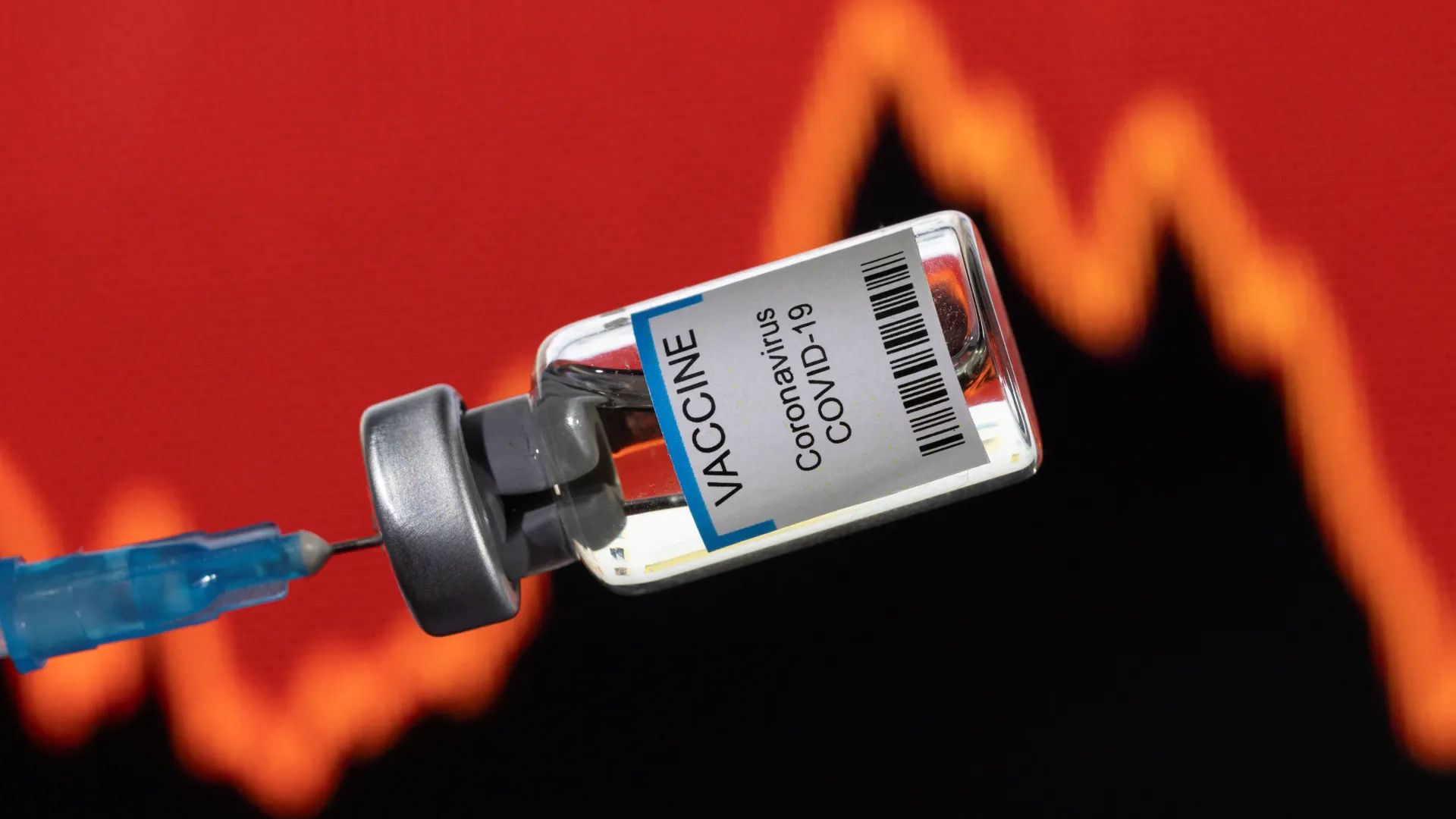A recent investigation has unveiled how the United States Department of Defense orchestrated a covert campaign to discredit the Sinovac vaccine, developed by China, during the peak of the COVID-19 pandemic. This campaign, characterized as a strategic move for market control, specifically targeted the Philippines between 2020 and 2021.
Published last Friday, the report details how American officials, during the administration of former President Donald Trump, initiated and sustained an anti-Sinovac campaign that extended into the tenure of President Joe Biden. The objective was to cast doubt on the efficacy and safety of the Chinese vaccine while simultaneously promoting American vaccines.
Tactics and Execution
According to the report, the campaign involved over 300 fake social media accounts, primarily on X (formerly Twitter), impersonating Filipinos to spread misinformation about Sinovac. These accounts disseminated messages warning against the Chinese vaccine, leveraging hashtags like “Chinaangvirus” (“China is the virus” in Tagalog).
One typical post from July 2020 read: “COVID came from China and the VACCINE also came from China, don’t trust China!” This was accompanied by an image of a syringe next to the Chinese flag and a graph showing rising infection rates. Another post stated: “From China PPE, Face Mask, Vaccine: FAKE. But the Coronavirus is real.”
Broader Implications
Reuters highlighted that these fake accounts had amassed tens of thousands of followers, although the extent of the anti-vax content’s impact and the potential increase in COVID-19 deaths due to this disinformation remain unclear.
US Response to Chinese Claims
The Pentagon’s campaign was partly a reaction to Chinese narratives suggesting that COVID-19 might have originated from an American military base or was brought to China by a US service member. This prompted then-President Trump to label COVID-19 as the “China virus.”
Geographic Reach
The disinformation campaign wasn’t confined to the Philippines. It spread to Central Asia and the Middle East, where anti-vax posts falsely claimed that Sinovac shots were forbidden under Islamic tradition due to alleged pork gelatin content.
Social Media Action
Upon being contacted by Reuters, X removed the offending accounts, recognizing them as part of a coordinated bot campaign based on activity patterns and internal data.
Context in Nigeria
While the report does not indicate that the US anti-Sinovac campaign targeted Nigeria, the country did receive 470,000 doses of the Sinovac vaccine from China in 2021. This donation preceded the US’s donation of 3.5 million Pfizer vaccines and the UK’s Oxford-AstraZeneca doses to Nigeria.
During the pandemic, Nigeria faced its own challenges with vaccine misinformation. False claims circulated about vaccines causing infertility and other health issues, fueled by conspiracy theories and spread via social media platforms like WhatsApp, Facebook, and Twitter.
COVID-19 Impact in Nigeria
Nigeria confirmed its first COVID-19 case on February 27, 2020, and experienced multiple infection surges. By July 2022, the country had recorded 258,934 infections and over 3,000 deaths related to the virus.




